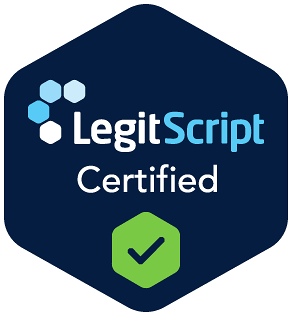DBT Therapy
Dialectical Behavioral Therapy (DBT) for Addiction Treatment




We’re In-Network With

What Is Dialectical Behavioral Therapy (DBT)?
Dialectical behavioral therapy (DBT) is a common type of talk therapy used in many drug and alcohol addiction treatment programs. It’s particularly helpful to individuals grappling with intense emotions, like those who have borderline personality disorder (BPD) or other personality disorders. DBT was adapted from cognitive behavioral therapy (CBT). While rooted in CBT principles, DBT is tailored for those struggling with emotional regulation. In DBT programs, clients confront the reality of their lives, exploring how their behaviors and thoughts have shaped their experiences. This therapy facilitates the transformation of unhelpful behaviors and thought patterns, empowering clients to better navigate their lives. The overarching aim of DBT at SoCal Detox is to validate our clients’ emotions while fostering positive changes that enhance their overall well-being.
How Is Dialectical Behavioral Therapy (DBT) Used in Addiction Treatment?
DBT is a crucial component in addiction treatment at SoCal Detox. It addresses emotional, behavioral, and interpersonal aspects to help you regulate emotions, tolerate distress, improve interpersonal skills, and cultivate mindfulness. DBT digs into the root causes of your addiction, emphasizing behavioral change for lasting recovery. Integrated with other therapies, it prevents relapse by enhancing coping skills. DBT offers individualized, flexible treatment, tailoring approaches to unique needs.
Who Is A Suitable Candidate For Dialectical Behavioral Therapy (DBT)?
Initially created as a treatment for borderline personality disorder, DBT has proven to be effective beyond its initial scope. It has been used to treat various disorders, such as depression, eating disorders, and drug and alcohol addiction. DBT is particularly suited for individuals with complex disorders who have challenges in regulating their thoughts and emotions.
Long-Term Benefits of Dialectical Behavioral Therapy (DBT)
Dialectical behavior therapy helps you to identify the behaviors that are keeping you from finding happiness, even beyond drug and alcohol addiction. DBT empowers you to navigate the complexities of addiction by addressing underlying issues and developing effective coping strategies. Other benefits of DBT include:
- Uncovering the root causes of thoughts and feelings triggering substance use
- Recognizing and managing triggers and applying coping mechanisms to overcome cravings
- Identifying negative thinking patterns leading to relapse
- Enhancing self-awareness, gaining insight into personal motivations driving addiction.
- DBT empowers you to navigate the complexities of addiction by addressing underlying issues and developing effective coping strategies
Is Dialectical Behavioral Therapy (DBT) Covered by Insurance?
At SoCal Detox, we use DBT in our addiction treatment programs. If your health insurance covers all or part of addiction treatment costs, the behavioral and experiential therapies we offer, including DBT, are part of that coverage. What your insurance covers depends on the insurance company and your individual plan. One of our admissions experts can verify your insurance coverage on your behalf.
Finding Rehab Centers Near Me That Offers Dialectical Behavioral Therapy (DBT)
If you are ready to get clean and sober and want to find a rehab center in Orange County, SoCal Detox is here to help. We offer DBT and various other behavioral and experiential therapies to get you started in recovery on the right foot. Contact one of our experts today if you want to learn more about our programs and therapies.




